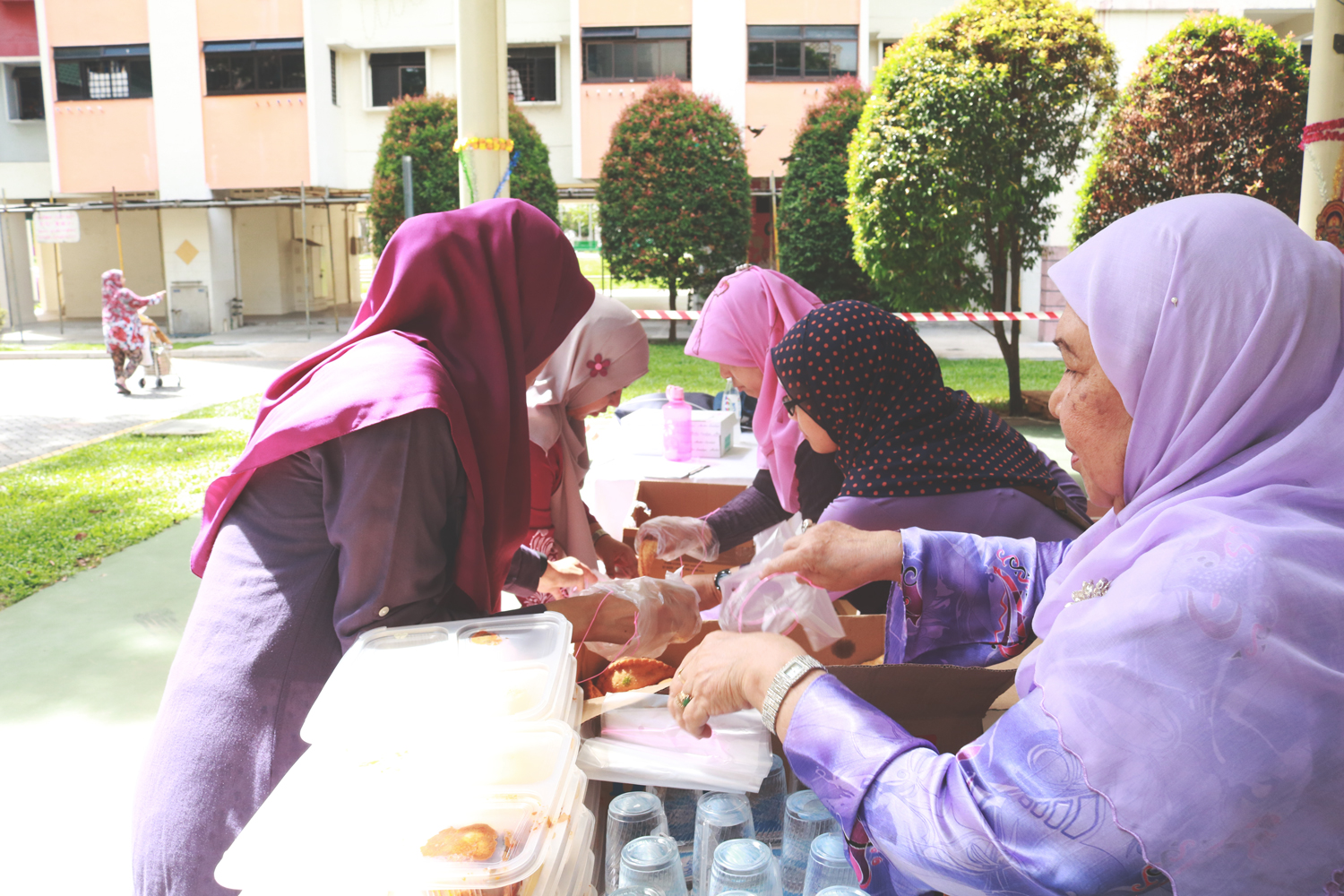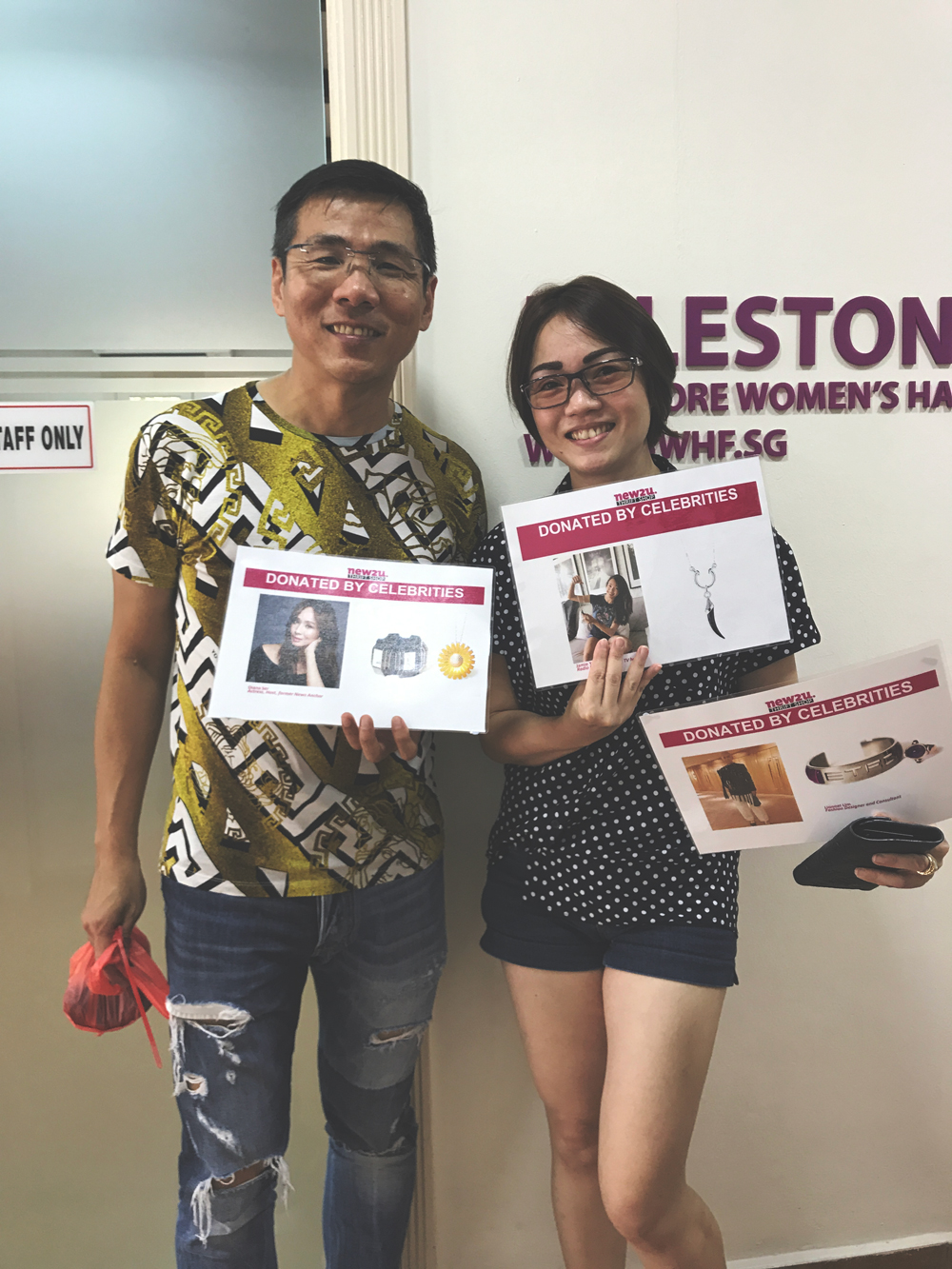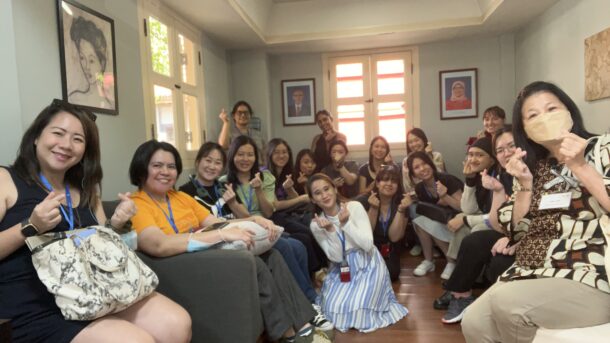Exposure to domestic violence during adolescence: Protective factors and their relationship to future functioning
By Linda Pang, Psychology Honours student at University of Wollongong
The purpose of the current research is to investigate the possible role of adolescents’ protective factors in relation to future psychological health outcomes and satisfaction with life, given exposure to domestic violence during adolescence (i.e. 13 to 17 years old). For the purposes of the current research, domestic violence is defined as violence that occurs between intimate partners (Holt, Buckley, & Whelan, 2008), whereby one partner performs a behaviour that is perceived as intended, or is intended, to cause physical, emotional, and/or psychological harm to another partner (Straus, 1979, as cited in Kimball, 2016). Exposure to domestic violence during adolescence may include being a recipient and/or a witness (e.g. hearing, seeing) of domestic violence as an adolescent (Edleson, 1999, as cited in Kimball, 2016; Sedlak et al., 2010, as cited in Armiento, Hamza, Stewart, & Leschied, 2016). Past research has found that an individual’s exposure to domestic violence, mainly during childhood, can result in detrimental psychological health in the future, such as depression, anxiety, post-traumatic stress disorder, and low self-esteem (Idemudia & Makhubela, 2011; Franzese, Covey, Tucker, McCoy, & Menard, 2014; Armiento et al., 2016; Völkl-Kernstock et al., 2016). However, not all children who were exposed to domestic violence go on to develop psychological issues in the future, as protective factors such as an individual’s ability to regulate emotions, effective use of coping strategies, high self-esteem, and secure attachment with primary caregiver, etcetera, can buffer against the psychological impacts of exposure to domestic violence (Holt et al., 2008; Mohammad, Shapiro, Wainwright, & Carter, 2015; Kimball, 2016). The results of the current research may contribute to understanding the role of protective factors with respect to later outcomes, and informing interventions for people who have been exposed to domestic violence.
For the current research, I am looking to recruit adults (i.e. 18 years old and above) to participate in my research, whether or not they were exposed to domestic violence during adolescence. When the participants click on the Survey Monkey link, they will first be directed to the Participant Information Sheet page whereby information about the current research will be provided, and should they be interested in participating in the research, an Informed Consent page to obtain their consent to participate. Upon giving their consent to participate in the research, the participants will be directed to the questionnaire, which will take about 45-60 minutes to complete. Upon completion of the questionnaires, the participants will be directed to a Final Information page, whereby their participation in the research will be acknowledged and counselling and crisis hotlines will be provided, in the case they are experiencing distress.
Participants from Singapore may refer to the below information about sources of help should they experience distress or like to talk to someone about their mental health:
- Samaritans Of Singapore (SOS): 24 hour hotline, 1800-221 4444
- AWARE Helpline: Available on Monday to Friday, 3pm to 9.30pm, 1800-774 5935
- Care Corner Project StART: http://www.carecorner.org.sg/start.html
- IMH Helpline: 24 hour hotline, 6389 2222
Following is the link to the online questionnaire: https://www.surveymonkey.com/r/XPX36YF



